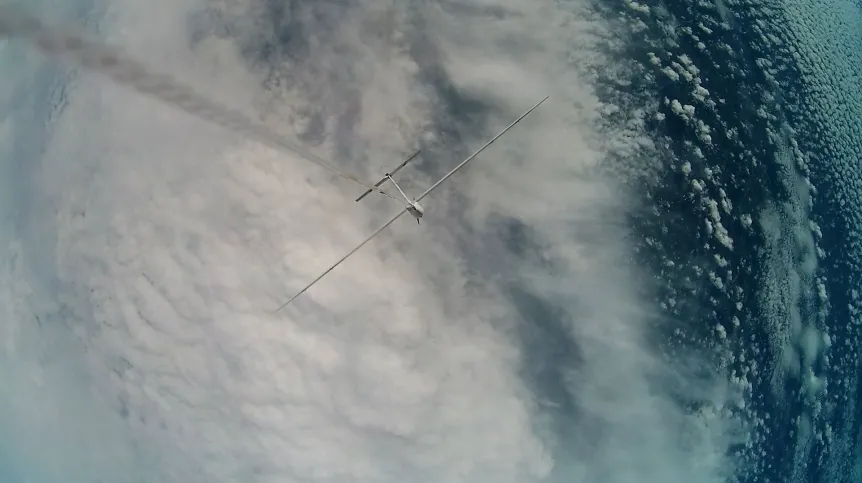
A Polish startup working on universal stratospheric drones have made an unmanned flight 24km above the earth, paving the way for drones to carry out scientific research, Earth imaging, and even replace satellites.
On Sunday, April 18, the five-meter wingspan aircraft built by Cloudless made a one hour climb under a special balloon before being released and making a 2.5 hour flight and then landing exactly where it was planned to do.
Cloudless’s Piotr Franczak, who is also a pilot, said: “The purpose of the flight was to test, in real conditions, the prototype of the newest, relatively large, high-capacity aircraft, which will be able to carry research equipment on board.”
Previously, he and colleague Krzysztof Bujwid managed to fly a smaller unmanned aircraft at an altitude of 27 km.
This ceiling presents a particular challenge due to the extremely thin air in which the aircraft has to fly, conditions which are similar to those on Mars.
Franczak said: “But record altitude is not our goal. We want to fly above the weather phenomena because it guarantees 100% access to sunlight regardless of the weather, and ultimately our drones will be solar powered.”
Stratospheric drones can be used to conduct scientific research in various fields, including meteorology, environmental protection and space engineering. All you need to do is attach the appropriate equipment to the drone to measure, for example, ozone or dust concentration.
There are, however, more uses for the aircraft.
Franczak said: “Another topic is remote sensing, or Earth imaging. Ultimately, we would like to conduct Earth observations with cameras, or even create maps with greater accuracy than those created with satellite technology. For example, one flight would be enough to create a precise map of the entire city, using entirely Polish equipment.”
Another idea is to create stratospheric drones that will become pseudo-satellites. Theoretically, solar planes could remain in the air without landing even for a year and perform similar functions as orbital satellites.
Franczak said: “This is the main goal of the project. We have already carried out the relevant calculations and according to the analyses, such pseudo-satellites can work. They will be able to fly 24/7. Solar panels will provide energy for flight during the day and for charging batteries used at night.
“Companies such as Airbus and BAE Systems are already working on similar solutions. We want to show that it can be done in Poland, too.
“It will take more than a year or two. A lot also depends on investors we are now looking for.”
He added that remote sensing activities, i.e. remote observation of the Earth, is expected to be possible in a year. (PAP)
Author: Marek Matacz
mat/ agt/ kap/
tr. RL
Gallery (4 images)
-
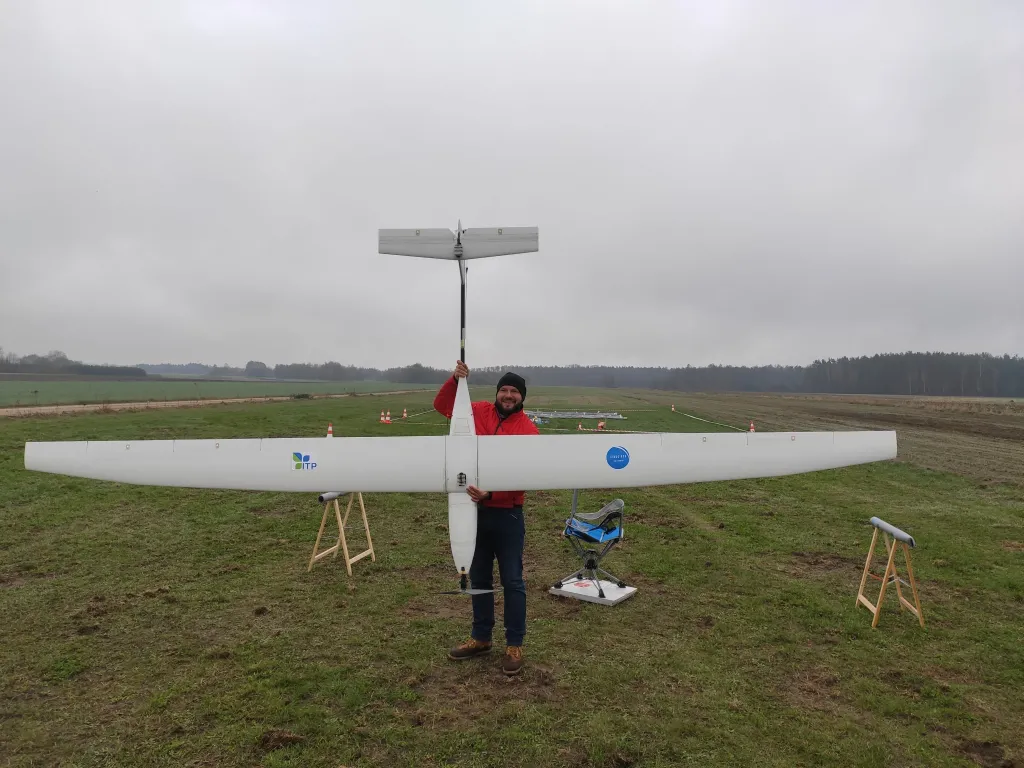 1/4Photo: press materials
1/4Photo: press materials -
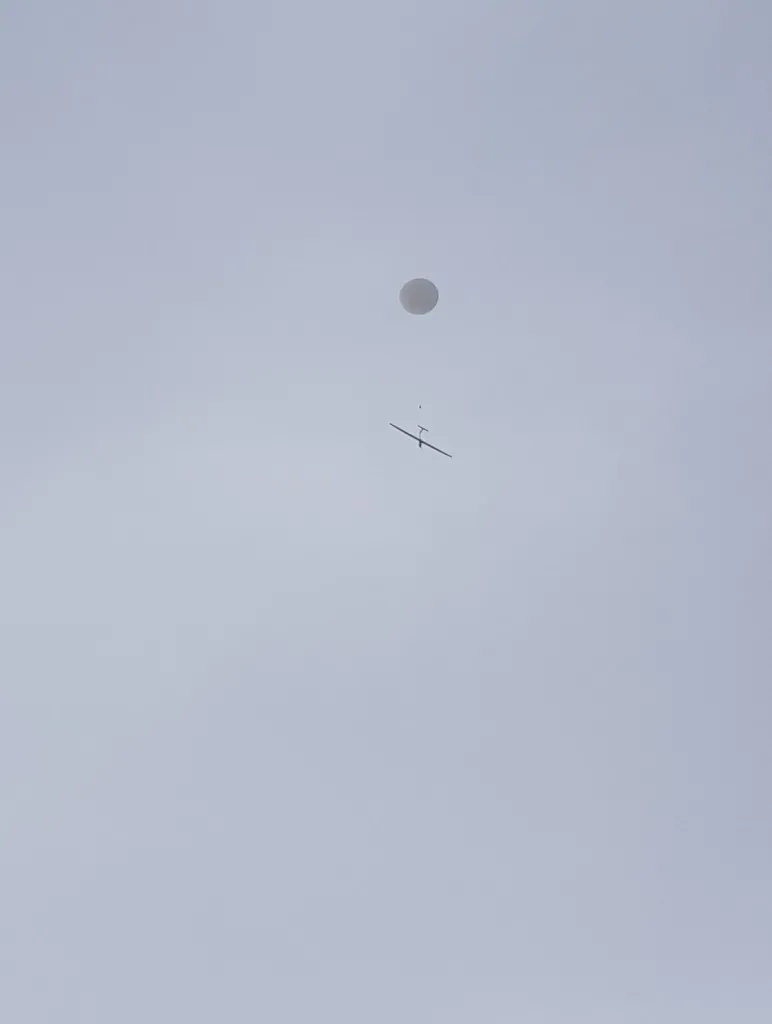 2/4Photo: press materials
2/4Photo: press materials -
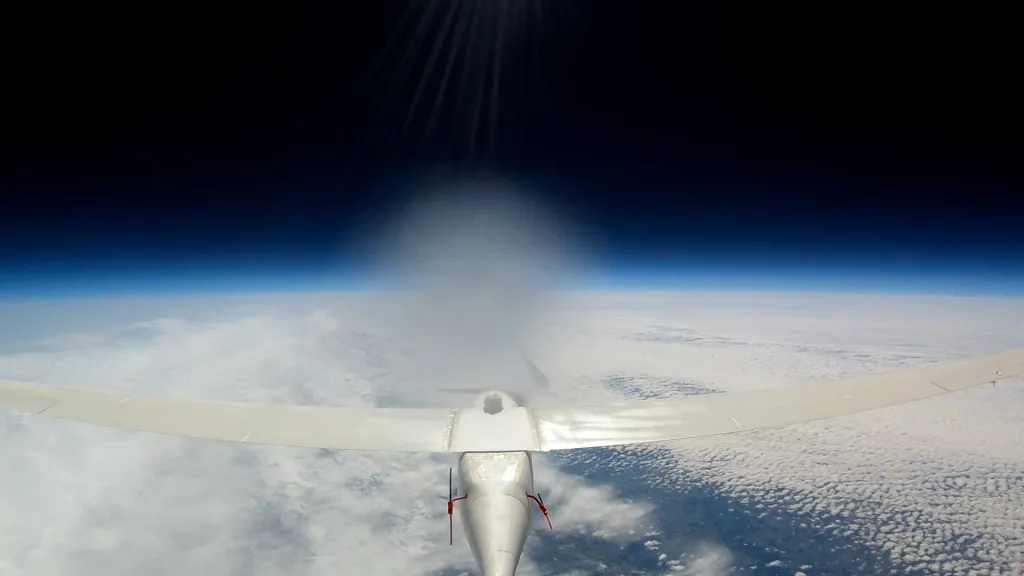 3/4Photo: press materials
3/4Photo: press materials -
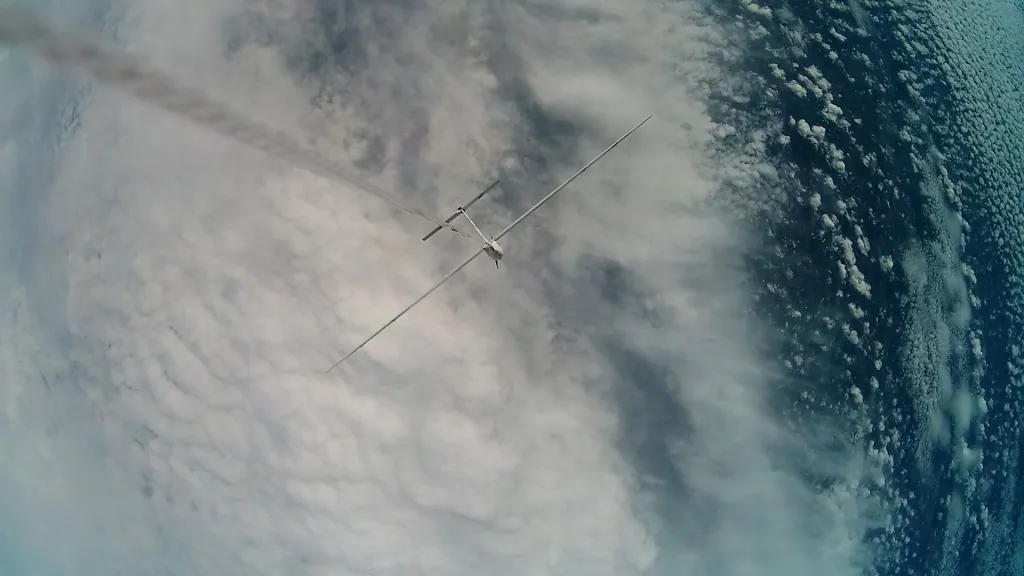 4/4Photo: press materials
4/4Photo: press materials













